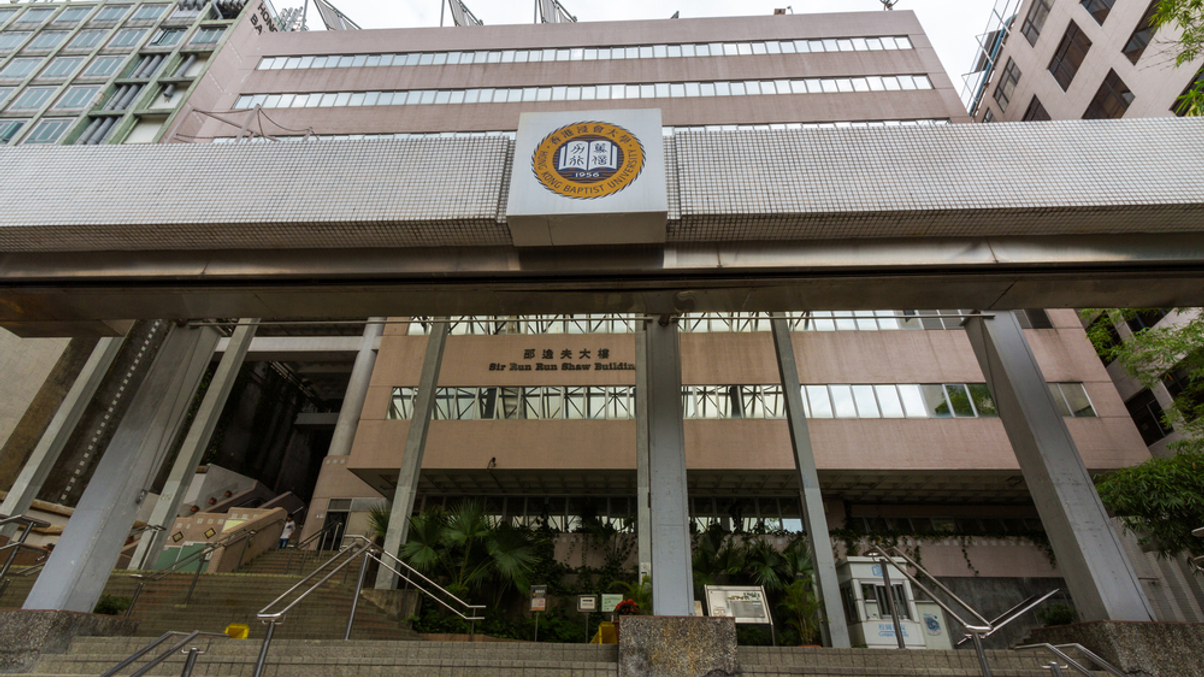HKBU endowment fund plans to enhance investment capabilities
Treasurer Kevin Liem is using a multi-pronged approach to ensure HKBU's endowment fund not only weathers the current market storms but also thrives in the years to come.

Hong Kong Baptist University's (HKBU) endowment fund plans to boost its investment capabilities and gradually build out an investment office as it eyes greater portfolio diversification, its treasurer said.
Sign in to read on!
Registered users get 2 free articles in 30 days.
Subscribers have full unlimited access to AsianInvestor
Not signed up? New users get 2 free articles per month, plus a 7-day unlimited free trial.
¬ Haymarket Media Limited. All rights reserved.


